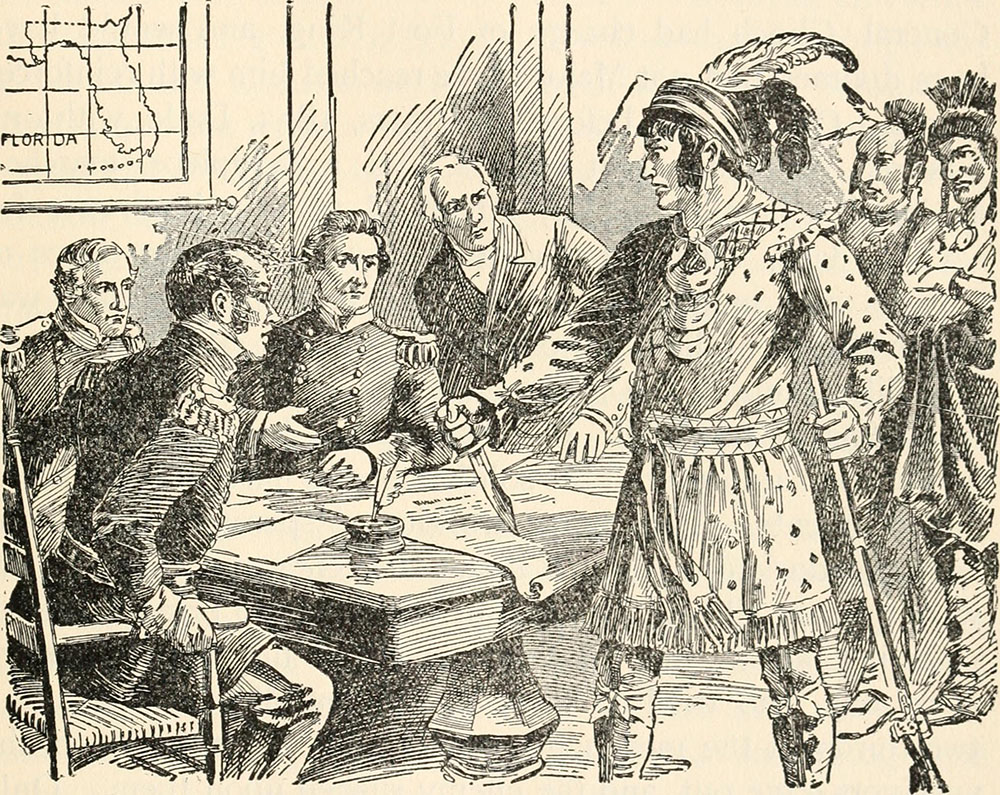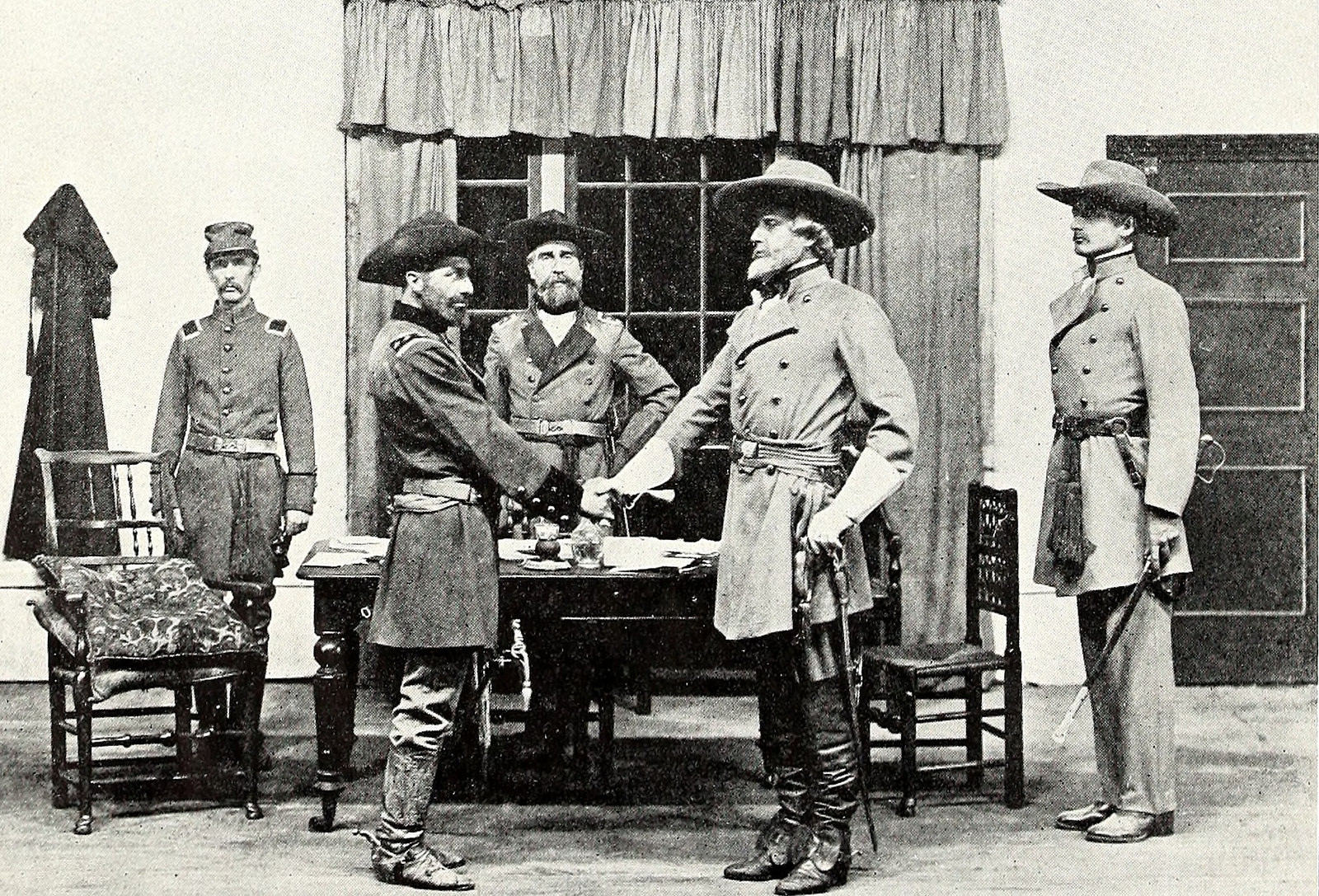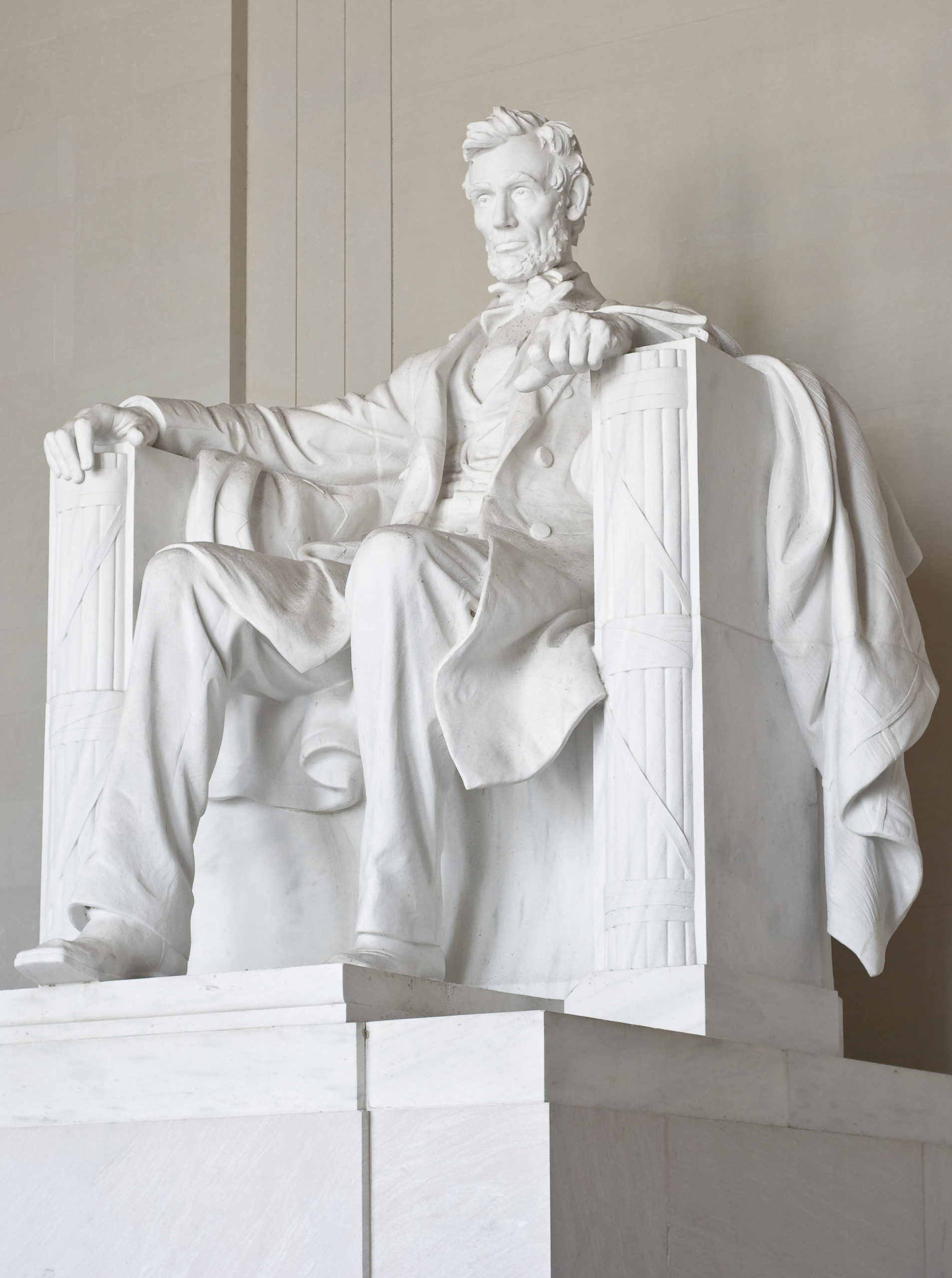
The federal government is the top money spender in the United States and contracts with thousands of companies to provide goods and services. This expenditure affects millions of citizens including patients who rely on health care services and prescription drugs paid for by Medicare and Medicaid, drivers who depend on the safe maintenance of highways and other aspects of our nation’s infrastructure, and American soldiers who depend on defense contractors to manufacture reliable body armor and dependable weapons. Since many of these contracts directly affect the safety and interests of U.S. taxpayers, many who are honest and brave enough often blow the whistle and bring these criminals to justice.
False Claims Act Whistleblower Protections
The False Claims Act provides strong, comprehensive protections to whistleblowers who choose to come forward against corruption or fraud. The FCA’s Anti-Retaliation provision prohibits an employer from terminating, demoting or harassing any employee who has exposed corporate wrongdoing by filing a Qui Tam case. Employers who choose to ignore the law and retaliate against a whistleblower subject themselves to separate harsh retaliation lawsuits that entitle the relator to double back pay, reinstatement, and reimbursement for their litigation costs.
Whistleblowers Reward Provision
 Under this law, the relator’s payment is determined as a percentage of the total amount recovered by the authorities following a successful case. The whistleblower’s reward can fall into two ranges (15% – 25% and 25% – 30%), depending on whether the government, respectively, joins or not their cases. In either situation, the final percentage awarded to the plaintiff is determined by how critical their privileged information was to the case’s ultimate success.
Under this law, the relator’s payment is determined as a percentage of the total amount recovered by the authorities following a successful case. The whistleblower’s reward can fall into two ranges (15% – 25% and 25% – 30%), depending on whether the government, respectively, joins or not their cases. In either situation, the final percentage awarded to the plaintiff is determined by how critical their privileged information was to the case’s ultimate success.
Common types of fraud
Common types of fraud that qualify as potential qui tam suits and are prosecuted under the False Claims Act include:
- Promoting prescription drugs for uses not approved by the FDA (off-label marketing)
- Bribing or paying kickbacks to obtain business
- Sale of adulterated (low quality, dangerously made, or harmful) medications
- Billing the authorities for services that were never performed
- Delivering defective or inferior goods paid for by federal funds
- Collusive bidding to secure government contracts
Our successes in FCA Whistleblower cases
McKesson inflated prices
The pharmaceutical distributor paid $190 million to settle accusations of violating the FCA by falsely inflating information about the prices of several prescription medications, overbilling Medicaid for those drugs.
Johnson and Johnson kickbacks
On November 4, 2013, Johnson & Johnson paid $2.2 billion to settle claims that it had illegally paid kickbacks as well as off-label marketed its antipsychotic drug Risperdal to the elderly and children.
Rewards and Compensation
Learn more about how much money you can get as a reward.
Protection and Anonymity
Learn about how the government protects Qui Tam relators and how anonymity is granted.
How to become a Whistleblower
Learn if you’re ready to become a whistleblower and follow the process step by step.

